The Best Shawarma in Jordan, gelatinous Mulukhiya and celebrating sumac with Musakhan
December 8, 2011 5 Comments
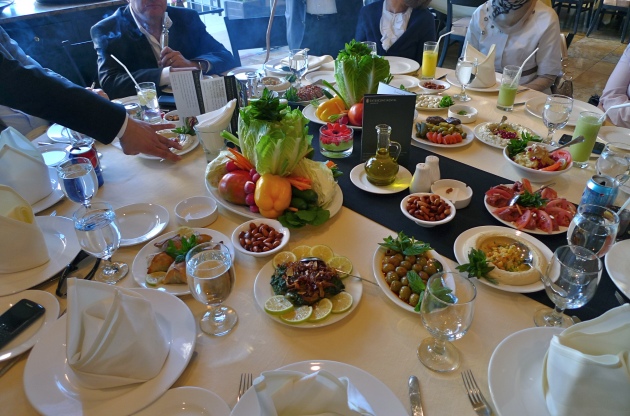 I wonder if DNA has memories? Besides being responsible for the color of my eyes, is there an imprint of my origin? Birds know to migrate south for the winter, salmon swim upstream to spawn. It’s conceivable isn’t it? I ask because despite living in large cities like Athens, Paris, London and now Berlin for the past 20 years – when I go to Jordan I feel…there is really no other way to put this…I feel at home?
I wonder if DNA has memories? Besides being responsible for the color of my eyes, is there an imprint of my origin? Birds know to migrate south for the winter, salmon swim upstream to spawn. It’s conceivable isn’t it? I ask because despite living in large cities like Athens, Paris, London and now Berlin for the past 20 years – when I go to Jordan I feel…there is really no other way to put this…I feel at home? The dusty city of Amman is teeming with cars and colorful trucks. Except for the road to the airport, most don’t have any white lines to delineate lanes. I initially attribute the drunken weaving of the cars to their absence. Until I notice that most cars are hampered by other considerations: like drivers that are simultaneously on two mobile phones or little vans so stuffed with people, they have their arms around each other’s shoulders. When a car in front veers perilously close to another, the car horn is lightly tapped, so a faint teet-teet can be heard (nothing like the way they lean on the horn in Berlin when some imperceptible offence has been committed, sometimes I think the driver has expired on the steering wheel, it’s that bad.)
The dusty city of Amman is teeming with cars and colorful trucks. Except for the road to the airport, most don’t have any white lines to delineate lanes. I initially attribute the drunken weaving of the cars to their absence. Until I notice that most cars are hampered by other considerations: like drivers that are simultaneously on two mobile phones or little vans so stuffed with people, they have their arms around each other’s shoulders. When a car in front veers perilously close to another, the car horn is lightly tapped, so a faint teet-teet can be heard (nothing like the way they lean on the horn in Berlin when some imperceptible offence has been committed, sometimes I think the driver has expired on the steering wheel, it’s that bad.) To me, one thing is unique in Jordan, the twinkle in people’s eye, the ready smile, the teasing that starts within moments of meeting someone. There is something childlike, a cheeky inquisitiveness. They seem capable of enjoying my enjoyment and wonderment as if it was their own.
To me, one thing is unique in Jordan, the twinkle in people’s eye, the ready smile, the teasing that starts within moments of meeting someone. There is something childlike, a cheeky inquisitiveness. They seem capable of enjoying my enjoyment and wonderment as if it was their own.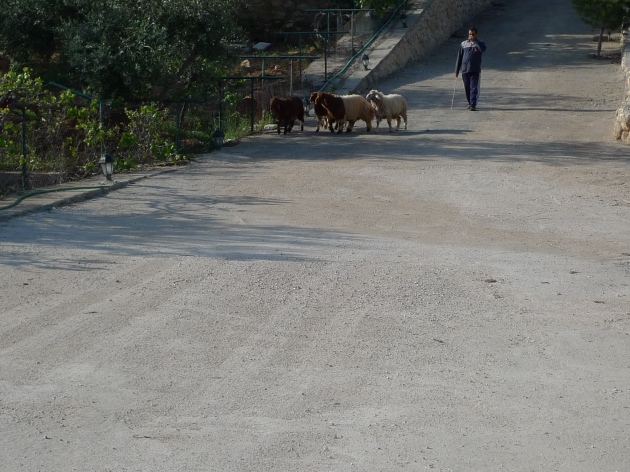
I see this most the last day, when the perpetually barefoot Egyptian gardener brings up a plate of 3 Poussin, a bowl of Mulukhiya and a big pot of glistening rice with dark vermicelli noodles scattered throughout. (My father had mentioned that I liked it when I was a child.) There is an almost audible hum of pleasure emanating from the small man as I exclaim my hapiness.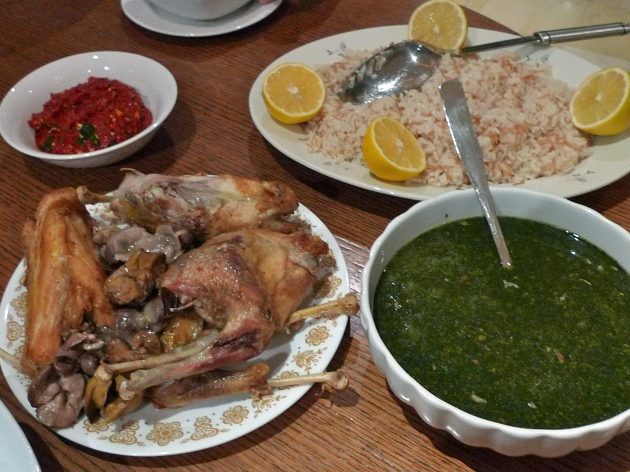 “Hadda min tahat” he grins, swiping his index finger across his throat in a rapid motion. It means: “These are from down there.” ‘These’ being the chickens. I don’t mourn them; I reach in and begin tearing into the small birds. There is no trace of the exaggerated rubber skin that is the standard in Europe (even in organic birds). The skin literally shatters. There are secret pockets where I know the most succulent meat will be: behind the shoulder blades, the oysters, the leg meat is the color of bark. Mulukhiya is a dark green soup made from the serrated leaf of Corchorus olitorius or Jew’s Mallow (Very interesting post about the journey of Mulukhiya from Africa to Egypt’s national dish on the blog Food Bridge). It has slimy properties, which are augmented when you add lemon. And you always add lemon. Then the soup takes on the property of raw egg whites, when you scoop your spoon through it, the entire contents of the bowl try to come with it. I’m not sure why I love it so much when things like creamed spinach, which I would think, is similar but nowhere near as pronounced, make me gag. (Maybe it’s the DNA thing again?) I get through 4 bowls.
“Hadda min tahat” he grins, swiping his index finger across his throat in a rapid motion. It means: “These are from down there.” ‘These’ being the chickens. I don’t mourn them; I reach in and begin tearing into the small birds. There is no trace of the exaggerated rubber skin that is the standard in Europe (even in organic birds). The skin literally shatters. There are secret pockets where I know the most succulent meat will be: behind the shoulder blades, the oysters, the leg meat is the color of bark. Mulukhiya is a dark green soup made from the serrated leaf of Corchorus olitorius or Jew’s Mallow (Very interesting post about the journey of Mulukhiya from Africa to Egypt’s national dish on the blog Food Bridge). It has slimy properties, which are augmented when you add lemon. And you always add lemon. Then the soup takes on the property of raw egg whites, when you scoop your spoon through it, the entire contents of the bowl try to come with it. I’m not sure why I love it so much when things like creamed spinach, which I would think, is similar but nowhere near as pronounced, make me gag. (Maybe it’s the DNA thing again?) I get through 4 bowls.
Even though only a couple of hours before I had been driven to the Christian city of Salt (the one from the bible) to have a chicken shawarma from the rather oddly named Golden Meal TM.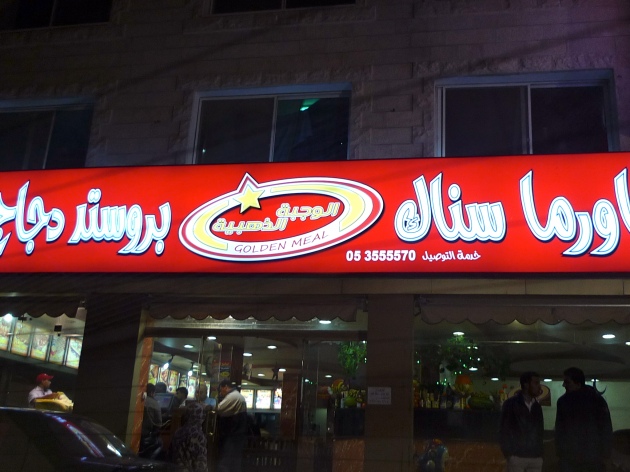 Take everything you believe to be true about shawarma.
Take everything you believe to be true about shawarma.
Got it?
Good.
Now scrunch it up and, with flourish, throw it out the window.
We are going to start again. Read more of this post

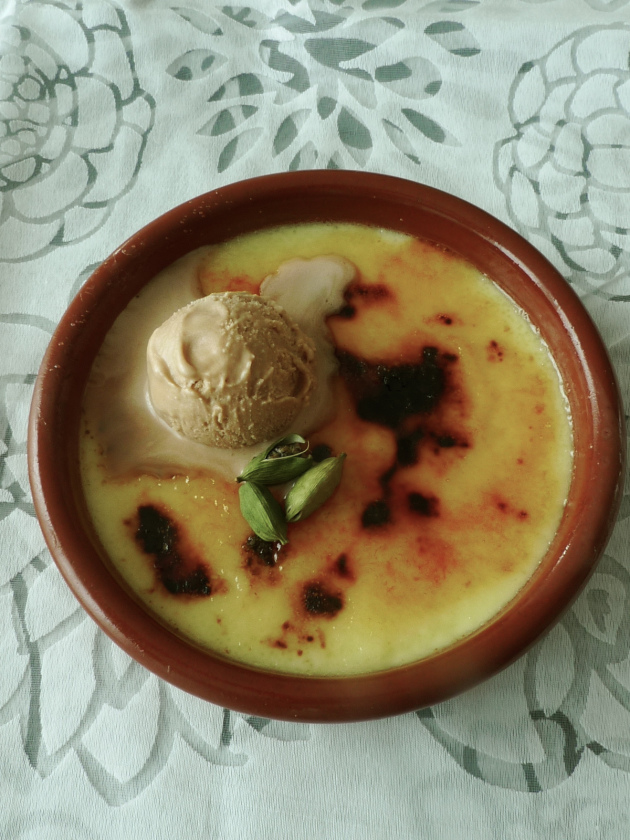
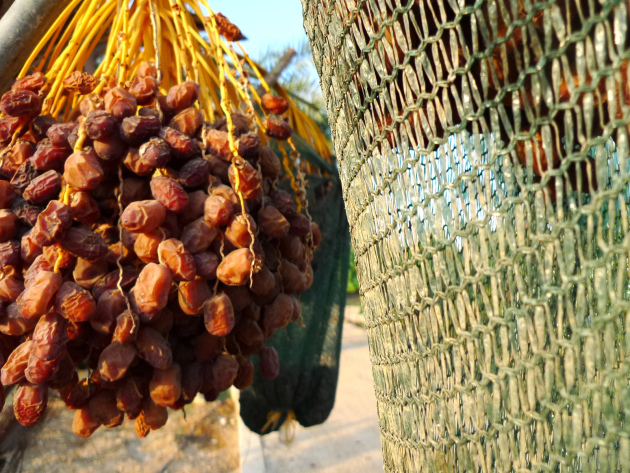
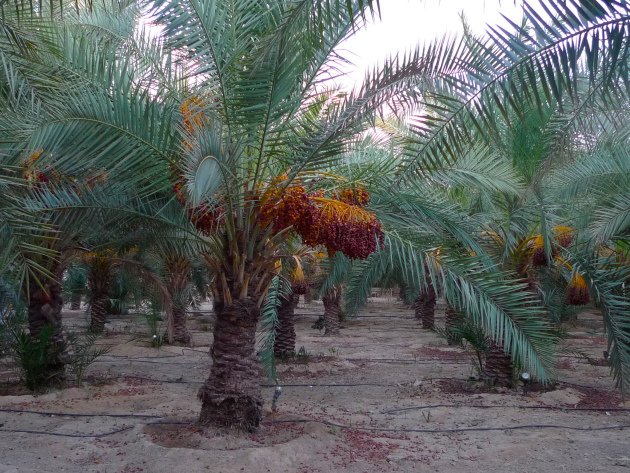
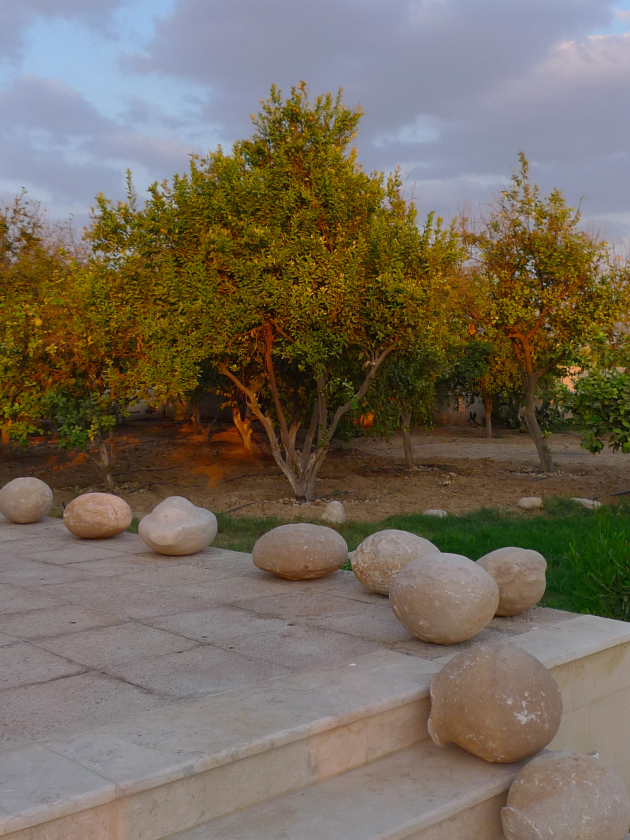
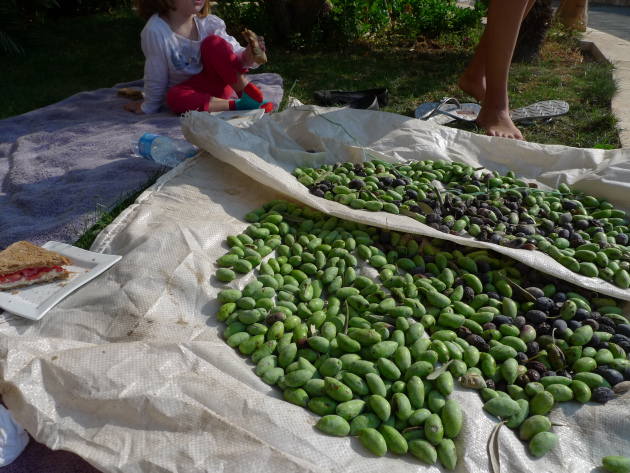
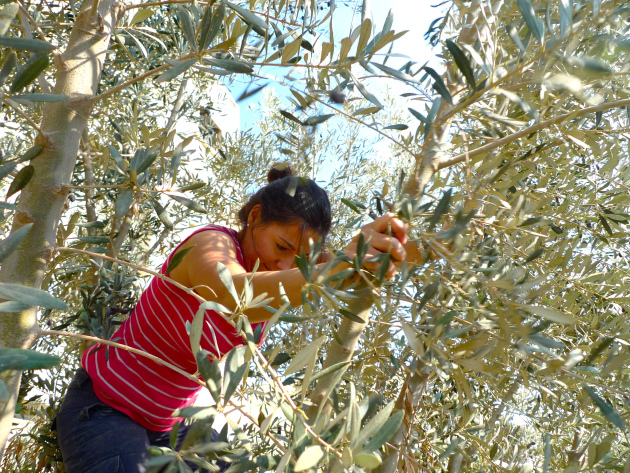
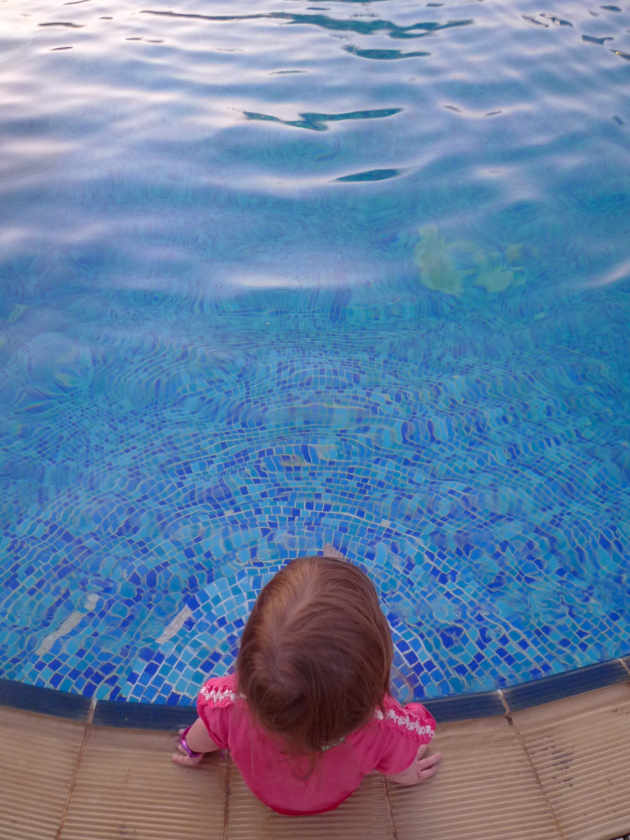
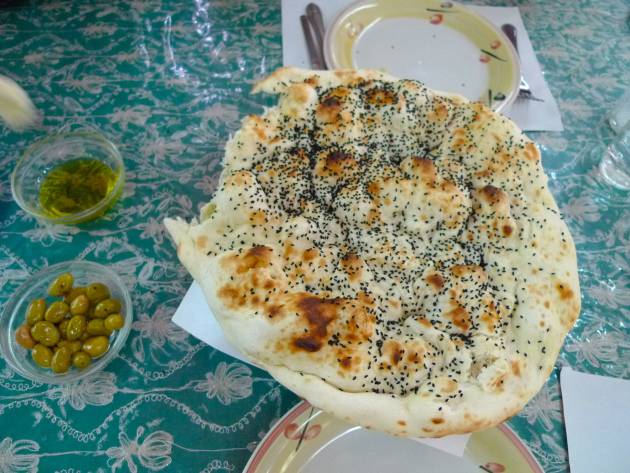
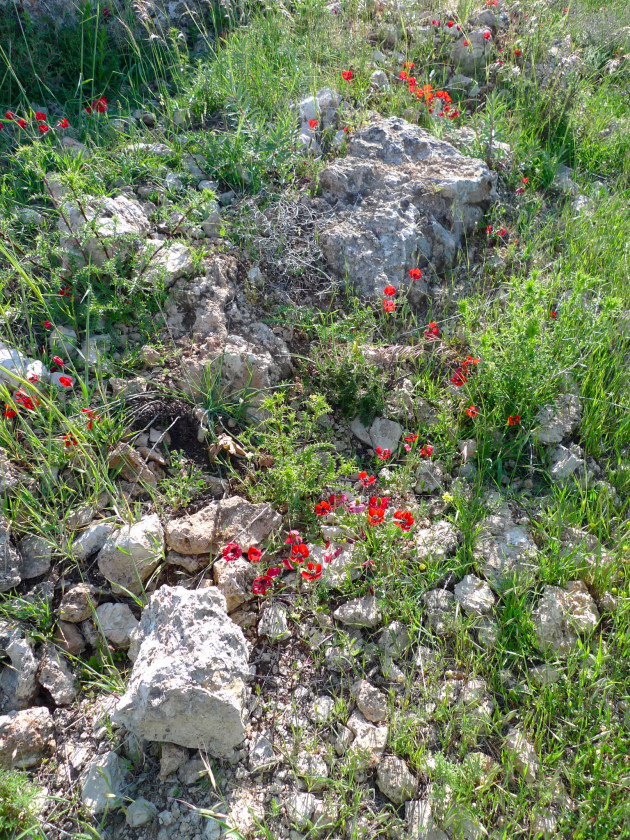

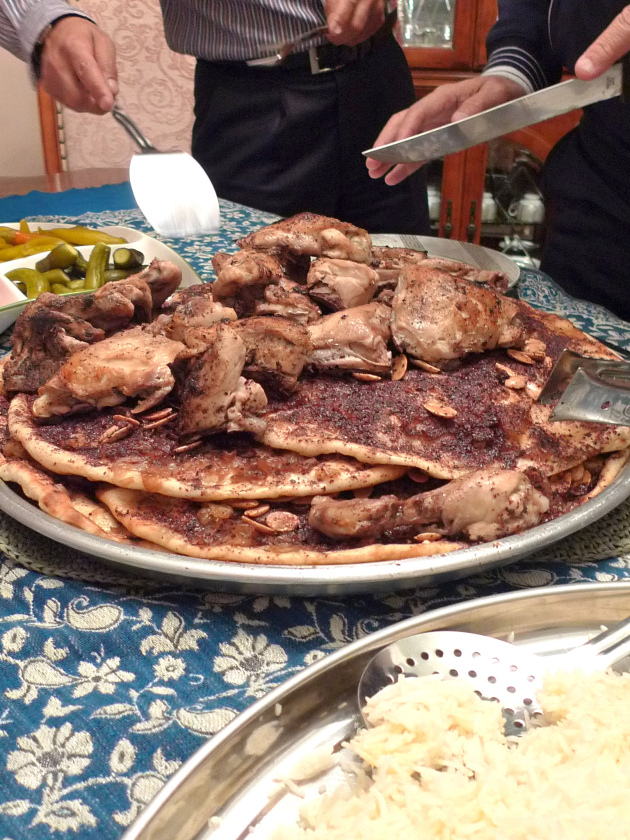
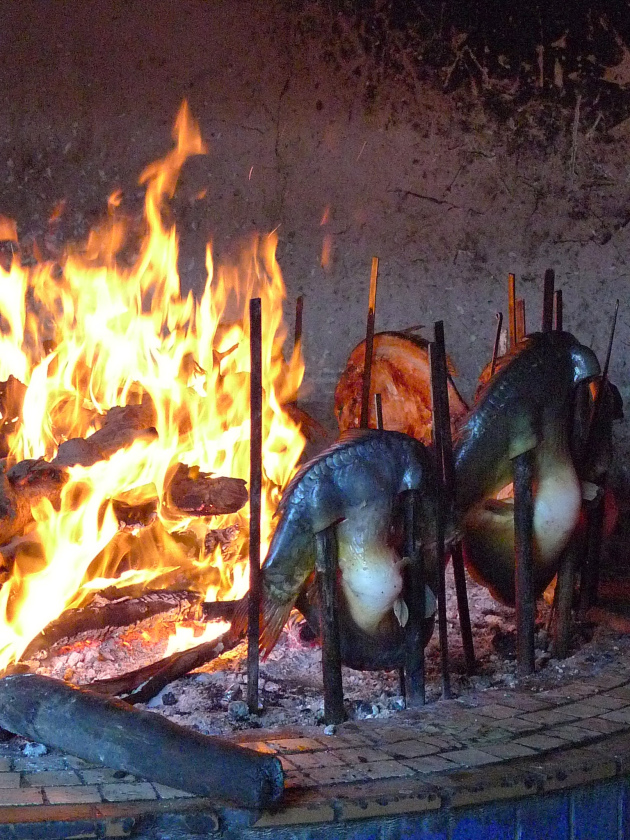


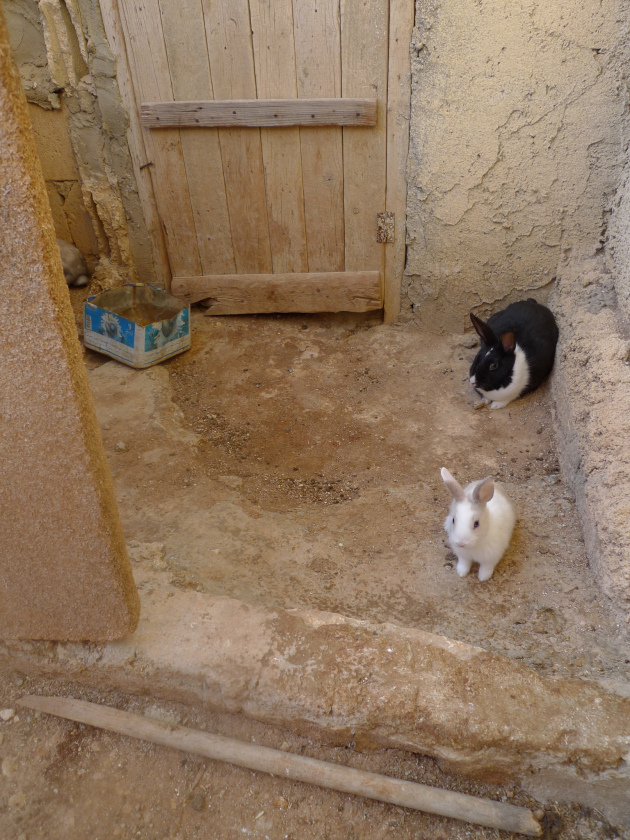
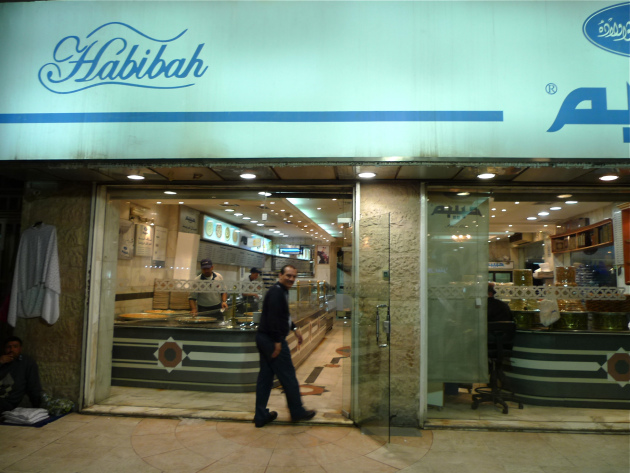
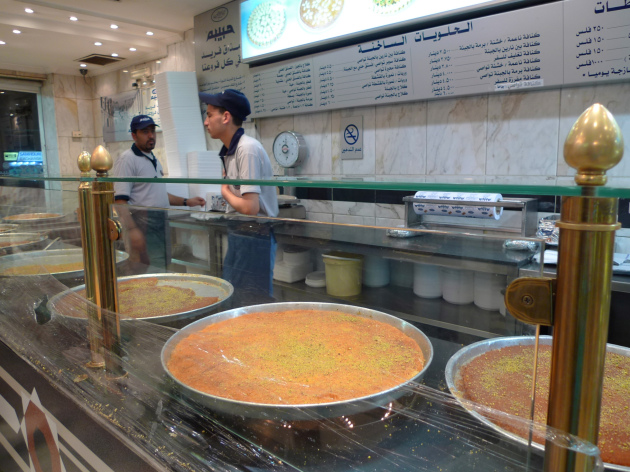








Comments